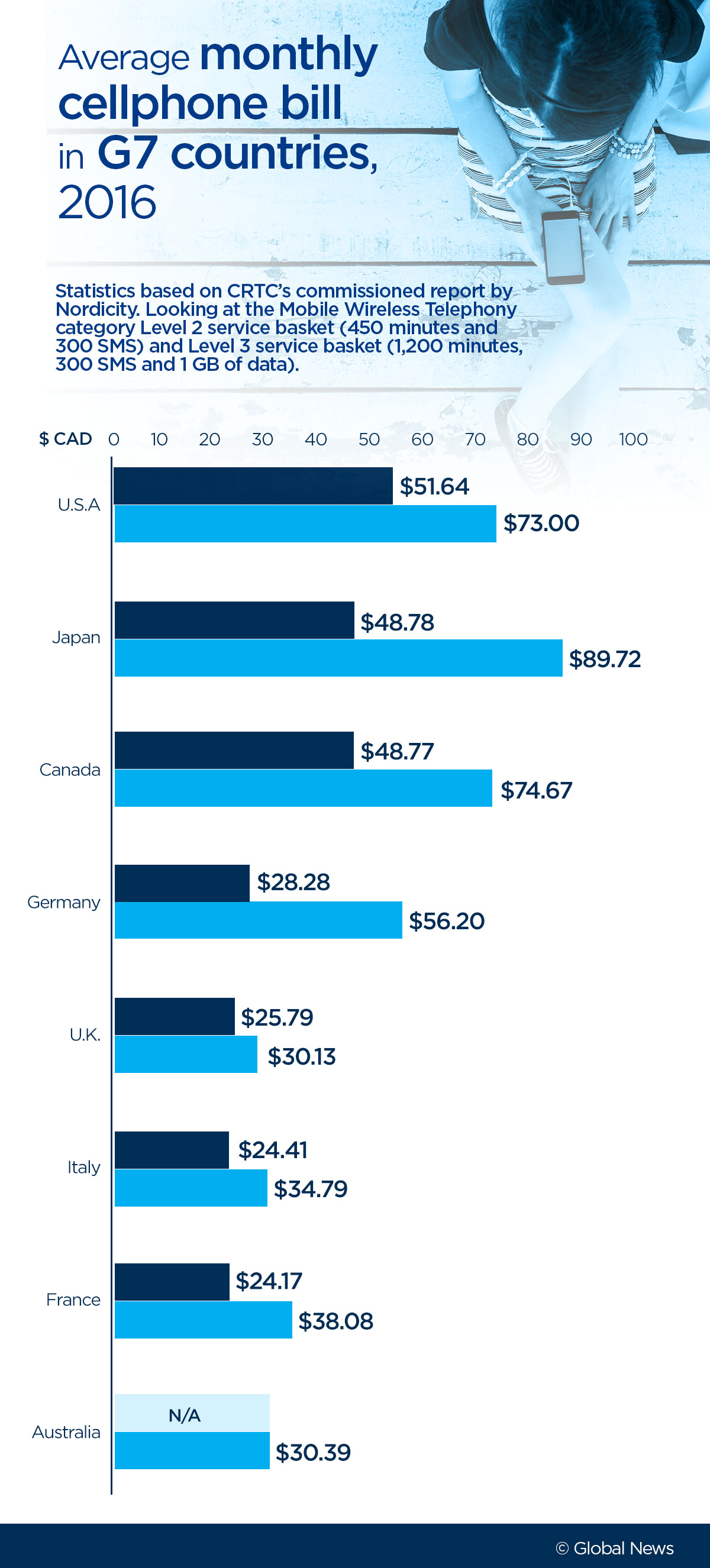Vancouverites have higher consumer debt than residents of any other major Canadian cities — and that’s not counting mortgages.

That’s according to new data from credit reporting agency TransUnion, which showed Vancouver residents holding on average $38,753 in non-mortgage, consumer debt in the first quarter of 2018.
That was more than any city in Canada. The closest competitor is Calgary at $38,115.
The numbers also represented an increase for Vancouver from $38,688 in the fourth quarter of 2017.
Coverage of consumer and household debt on Globalnews.ca:
Just two quarters ago, Vancouverites and Calgarians were neck-and-neck for the title of most indebted city.
Calgarians’ average non-mortgage debt load has dropped since then, and continues to fall on a month-over-month basis.
In fact, month over month, debt fell in every city except for Vancouver, where debt grew by 0.17 per cent.
All cities’ debts were still growing on a yearly basis in TransUnion’s report, but it was happening faster in Vancouver (by 7.02 per cent) than in any city except for Toronto (7.12 per cent).
READ MORE: Calgary and Vancouver are, on average, Canada’s most indebted major cities: report
The reason? One of them is that B.C. is among Canada’s fastest growing economies, said Matt Fabian, TransUnion’s director of research and analysis.
“The province’s economic output is expanding, so it’s kind of in line with that,” he told Global News.
Another reason is that non-mortgage debt could be linked to equity in homes.
“Prices are still pretty high in the Vancouver area specifically. We see the potential for a lot of people to be taking out equity loans against their homes to do renovations or debt consolidation,” Fabian said.
“So that’s partly what’s driving up that balance.”
Even as debt loads grow, Vancouverites still appear to be paying off their bills swiftly, relative to other cities.
The consumer delinquency rate for payments that are past due by 90 days or more was 4.67 per cent in the first quarter of 2018, which was second lowest among major cities cited in TransUnion’s report.
Topping consumer deliquency was Edmonton, at 7.21 per cent.
Alberta’s capital still appears to be recovering from low oil prices, Fabian said. But the province’s economy was also hit by natural disasters and wildfires, which caused a “little bit more stress on consumers there.”
As for Vancouver, the deliquency rate is likely lower because much of the debt is longer-term borrowing, such as lines of credit.
“Traditionally, consumers in B.C. have been pretty responsible in managing debt,” Fabian said.
“They’ve been consistently low in terms of deliquency rates.”
TransUnion’s report also came as Statistics Canada noted that Canadians’ debt burdens fell in the first three months of 2018, to the lowest levels they’ve hit since 2016.
Canadian households owed $1.68 for every dollar of disposable income in the first quarter of 2018, down from the record high of $1.70 in 2017.
READ MORE: Turning point? Canadians’ household debt load drops to two-year low
Fabian said Canadians are showing signs of lightening their debt loads around the same time that interest rates have gone up.
“I think we’re seeing early signs of deleveraging in certain areas where consumers are starting to feel that squeeze,” he said.
- With files from Erica Alini











Comments